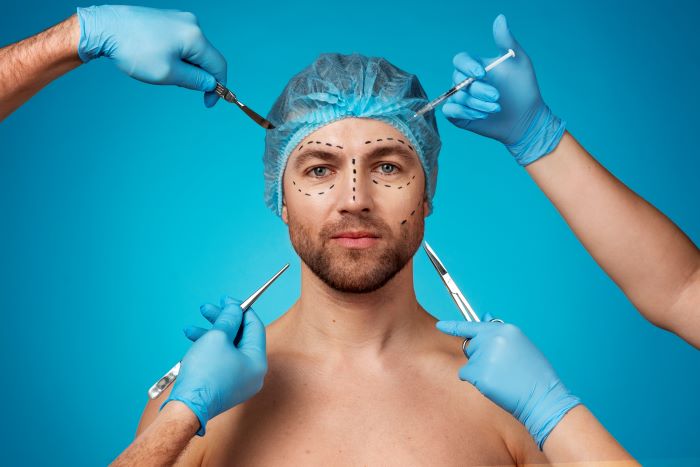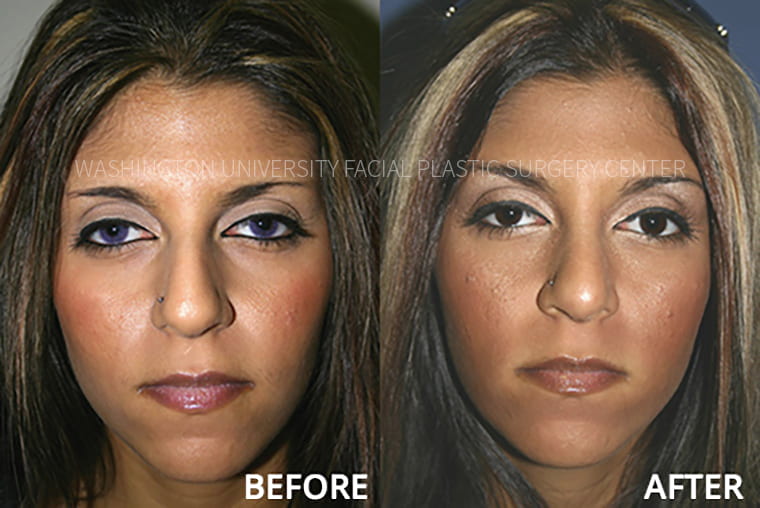A Deep Study the Typical Validation for Looking For Cosmetic Surgical Treatment: Unloading the Need for Adjustment and Self-Improvement

Social Stress and Elegance Criteria
Regularly, societal pressures and prevailing appeal criteria play a significant duty in people' decisions to go after plastic surgery (liposuction bellevue). In modern society, graph heavily affects personal assumptions of good looks, usually bolstered by media, celebrity recommendations, and social platforms. These channels often promote idealized versions of charm, leading people to internalize these criteria and assess their self-respect against them

Furthermore, these pressures are not limited to certain demographics; they impact people across different ages, sexes, and histories, highlighting the prevalent nature of elegance requirements. This extensive impact increases essential questions concerning the ethics of plastic surgery and the implications of social criteria on private options. Inevitably, comprehending these stress is crucial for promoting a more comprehensive meaning of charm that commemorates variety.
Individual Experiences and Transformative Stories
Many individuals who undertake cosmetic surgical treatment record transformative experiences that prolong past simple physical changes. For many, these treatments work as a catalyst for enhanced self-worth and a restored feeling of identity. Patients frequently define feeling liberated from long-lasting insecurities, bring about enhanced confidence in both personal and expert realms.
Take, as an example, the story of a young lady that undertook boob job after years of feeling uneasy regarding her appearance. Post-surgery, she reported not just a newly found convenience in her body yet additionally a significant enhancement in her social life and job possibilities. Likewise, a middle-aged man that chose to undertake a renovation shared how the treatment renewed his outlook on life, motivating him to pursue brand-new interests and connections.

Emotional Elements Behind Plastic Surgery
Countless psychological variables add to the decision to undergo plastic surgery, reflecting deeper psychological and emotional health factors to consider. People often pursue surgical improvements as a way to deal with sensations of inadequacy, reduced self-worth, or dissatisfaction with their look. These emotional motivations can be rooted in previous experiences, social contrasts, or personal aspirations.
Body picture distortion is a prevalent issue, where individuals regard their physical attributes in an exaggeratedly negative light. This distortion can bring about obsessive thoughts regarding regarded imperfections, motivating the desire for surgical modification as a remedy. In addition, the quest of excellence and social pressures can amplify these feelings, pressing individuals towards cosmetic treatments in hopes of attaining an idyllic version of themselves.
In addition, the concept of self-improvement plays a crucial role. Numerous people check out cosmetic surgery as a path to improve their high quality of life, believing that improved appearance will result in raised social approval, better relationships, or improved job possibilities. Ultimately, the psychological factors behind plastic surgery underscore the complex interaction between private self-perception and external impacts, revealing the multifaceted nature of the desire for adjustment.
The Duty of Media in Assumption
In today's culture, media plays a critical role fit assumptions of charm and self-regard. Through different systems-- social media, tv, and advertising-- idyllic standards of appeal are click commonly shared, influencing private desires and self-image. These representations often highlight slim definitions of attractiveness, primarily including vibrant, slim, and digitally boosted images, which can develop unrealistic criteria for people striving to adhere.
The influence of media is further aggravated by the pervasive nature of social media sites, where customers are pestered with curated content that highlights aesthetic enhancements, recommending a culture of comparison. This constant direct exposure can lead to sensations of insufficiency among visitors, prompting them to take into consideration plastic surgery as a way of accomplishing the viewed suitable. Research suggests that individuals who involve with these media representations are more probable to express dissatisfaction with their appearance, enhancing the wish for surgical treatments.
Moreover, the normalization of cosmetic surgical procedure in media stories can desensitize audiences, framing such procedures as commonplace and also required for social acceptance. Hence, the media's portrayal of appeal not just influences individual selections regarding cosmetic surgical treatment but also contributes to a more comprehensive social discussion regarding self-respect and identification.
Future patterns and honest considerations
Amidst the growing popularity of cosmetic surgical treatment, moral considerations surrounding the practice have become significantly prominent. As the need for procedures increases, so as well do problems concerning informed approval, the emotional motivations of patients, and the potential for exploitation by doctors. It is vital for professionals to make certain that clients fully comprehend the advantages and risks, along with the effects of their options, to cultivate an accountable method to aesthetic enhancements.
Moreover, important site the impact of social networks and charm standards elevates concerns about the effect on psychological wellness, especially among prone populations. As understanding of body photo problems expands, ethical technique requires a careful analysis of the inspirations behind surgical interventions. Surgeons need to balance person desires with moral duty, ensuring that choices are rooted in real self-improvement as opposed to social pressures.
Looking to the future, patterns may move towards non-invasive and technologically progressed treatments, highlighting patient safety and satisfaction. Furthermore, the incorporation of mental assessments can help address underlying concerns before medical intervention. The cosmetic surgical procedure field should adjust to these honest obstacles while promoting a society of transparency and self-acceptance, eventually prioritizing the wellness of patients.
Conclusion
In conclusion, the quest of plastic surgery is influenced by an assemblage of societal stress, individual experiences, and mental variables. The need for positioning with prevailing charm standards, combined with the capacity for transformative results, highlights the complex motivations driving individuals toward these procedures. In addition, the duty of media in forming assumptions of elegance can not be downplayed. As moral considerations progress, future patterns in cosmetic surgical treatment will likely show continuous societal discussions bordering self-improvement and private identification.
Regularly, societal stress and prevailing beauty standards play a significant function in individuals' choices to pursue cosmetic surgical procedure. liposuction bellevue. Eventually, these transformative stories highlight the complex factors individuals look for cosmetic surgical More Info procedure, linking individual development with the pursuit of visual improvement
Numerous individuals see cosmetic surgery as a pathway to improve their high quality of life, believing that improved appearance will certainly lead to raised social approval, better connections, or improved occupation chances. Ultimately, the emotional variables behind cosmetic surgical treatment underscore the complicated interaction in between specific self-perception and external influences, exposing the diverse nature of the desire for change.
As honest considerations evolve, future patterns in cosmetic surgery will likely mirror ongoing societal discussions bordering self-improvement and specific identity. liposuction bellevue.